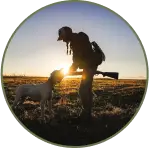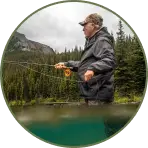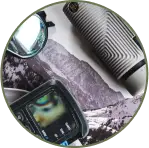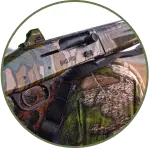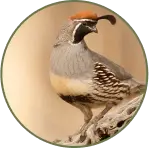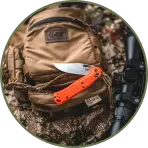Join the 1871 Club today—sign up by Aug. 31 to get Game Fish Vol. X + a Members-only camo hat

F&S | Featured Story
HOofing It to Trout HEaven
Yeah, way down yonder on the Chattahoochee. Never knew how much that muddy water meant to me.
By Kade gewanterApr 20, 2024

